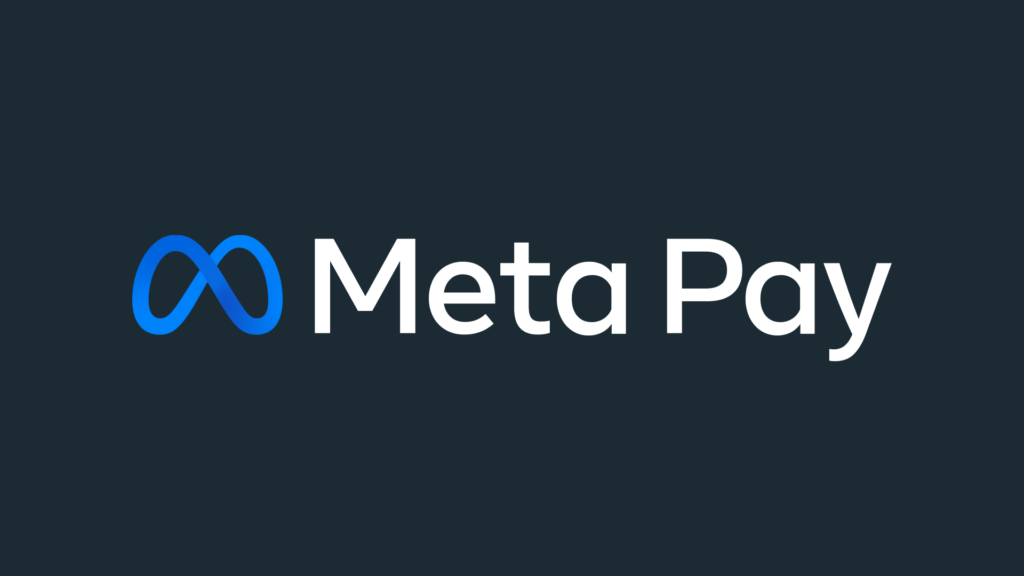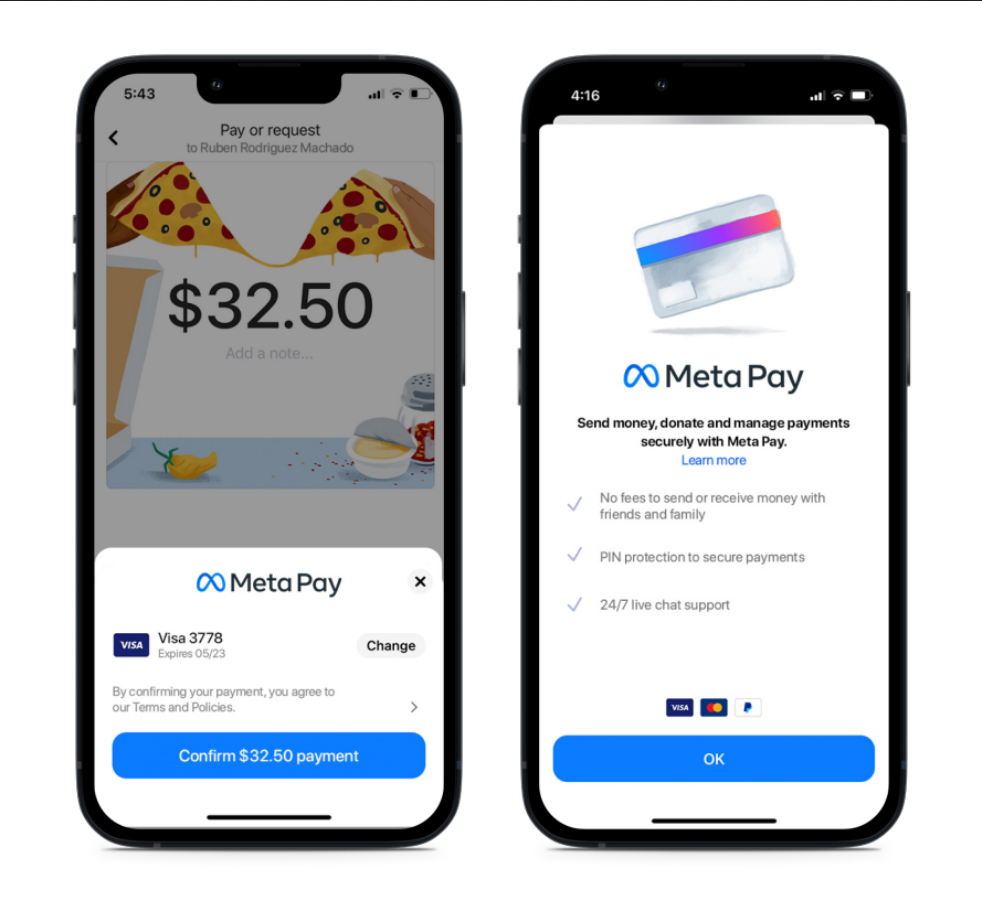In November 2022, Jennifer Louise Whelan, 29, from Pennsylvania, was apprehended by law enforcement and faced numerous charges, including sex trafficking and the indecent assault of three minors.
Authorities revealed that a month before her arrest, Whelan was found using three young children, as young as six, who were under her care, for the creation of child sexual abuse material. It was alleged that she sold and transmitted this material to a purchaser through Facebook Messenger. She has entered a plea of not guilty.
The purported buyer, Brandon Warren, was indicted in February 2022 by a grand jury on nine counts related to the distribution of minors depicted in sexually explicit material. Warren also pleaded not guilty.
Court documents disclosed Facebook messages exchanged between Whelan and Warren, where Warren seemingly instructed Whelan on the type of videos he desired. “I’ll throw in a little extra if you tell him it makes mommy feel good and get a good length video,” he tells Whelan, according to the criminal complaint document used for her arrest.

In the arrest document for Whelan, it’s stated that she received compensation through Meta Pay, Meta’s payment service. Whelan is alleged to have written to Warren, confirming receipt of payment for a video involving the abuse of a young girl. Meta Pay, previously known as Facebook Pay before its 2022 rebranding, allows users to make money transfers across Meta’s social platforms by linking a credit card, debit card, or PayPal account.
“A spokesperson for Meta confirmed that the company has seen and reported payments via Meta Pay on Facebook Messenger that are suspected of being linked to child sexual exploitation.” Despite these efforts, an investigation involving document reviews and interviews with former Meta content moderators suggests that transactions for child sexual abuse content via Meta Pay may often go unnoticed and unreported by the company.
“Through reviewing documents and interviewing former Meta content moderators, it has been found that payments for child sexual abuse content taking place on Meta Pay are probably going undetected and unreported by the company.”

These transactions were discovered not by Meta but through Kik Messenger‘s report of Warren sharing suspected child sexual abuse material, triggering a police investigation in West Virginia. This led to the discovery of materials allegedly purchased from Whelan.
“Meta fails to detect payments for child abuse material, say moderators.” Ex-Meta moderators claimed difficulties in flagging suspicious transactions related to child sex trafficking, pointing to a potential gap in Meta‘s monitoring and reporting system. “It felt like [Meta Pay] was an easy-to-use payment method since these people were communicating on Messenger. The amounts sent could be hundreds of dollars at a time.”
Meta asserts its use of both automated systems and human review to detect suspicious financial activities, emphasizing training for compliance analysts in spotting potential signs of human trafficking and child sexual exploitation. “Meta complies with all applicable US anti-money laundering laws.”

Meta‘s platforms have faced previous accusations relating to child exploitation. Meta Pay, as a money service business, is required to adhere to US anti-money laundering and KYC banking regulations, necessitating the reporting of illegal financing activities. “If the platforms actually wanted to keep these kids safe, they could.”
Concerns have been raised about Meta‘s monitoring effectiveness, especially with the introduction of end-to-end encryption on Messenger, potentially hindering the detection of illicit transactions and behaviours related to child exploitation. “The move to encryption could affect the company’s ability to prevent illicit transactions on Meta Pay,” experts cautioned.
The situation underscores the challenges faced by social media platforms in preventing and detecting illegal activities, including child exploitation, despite efforts to comply with regulatory requirements and enhance safety measures.







